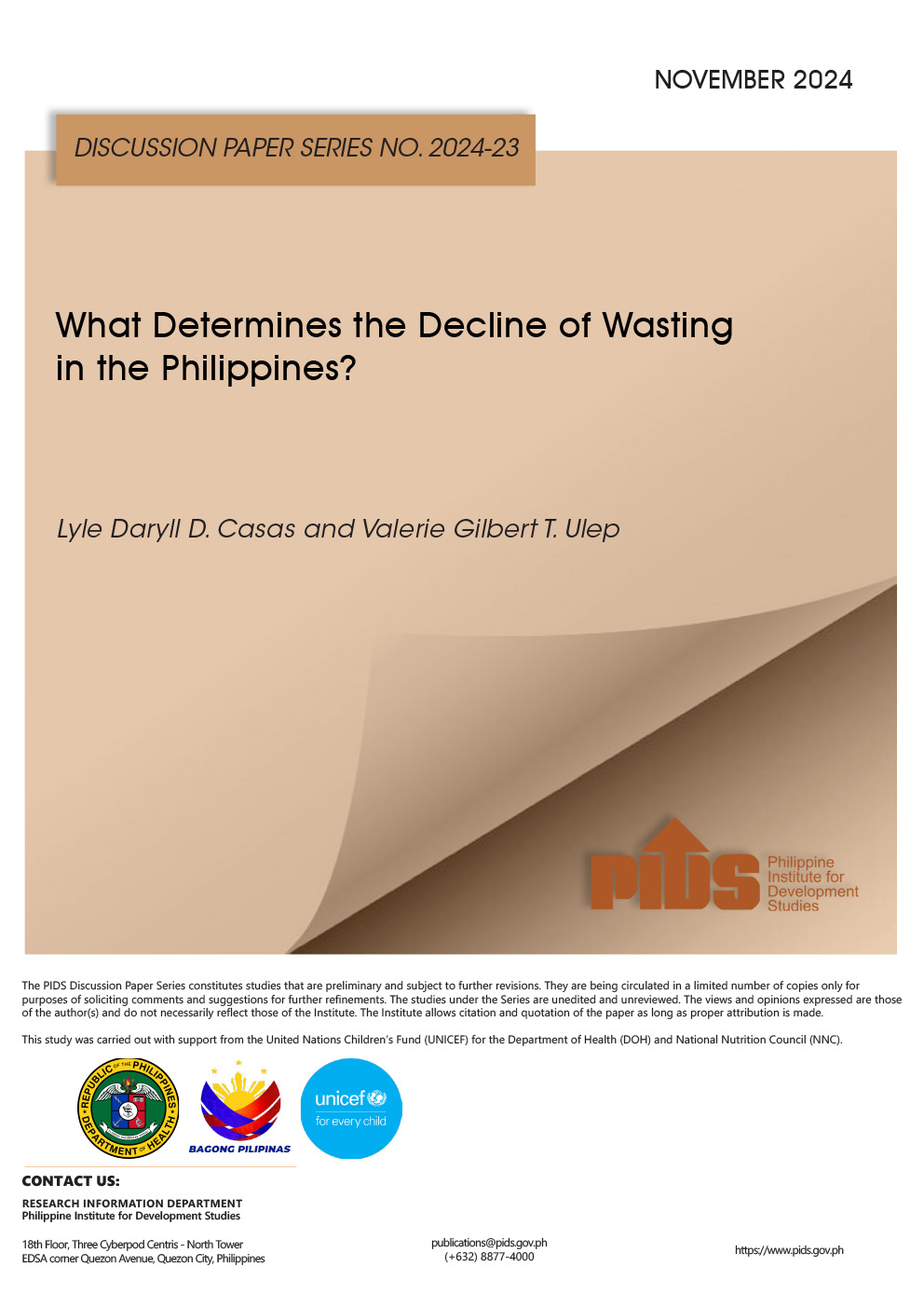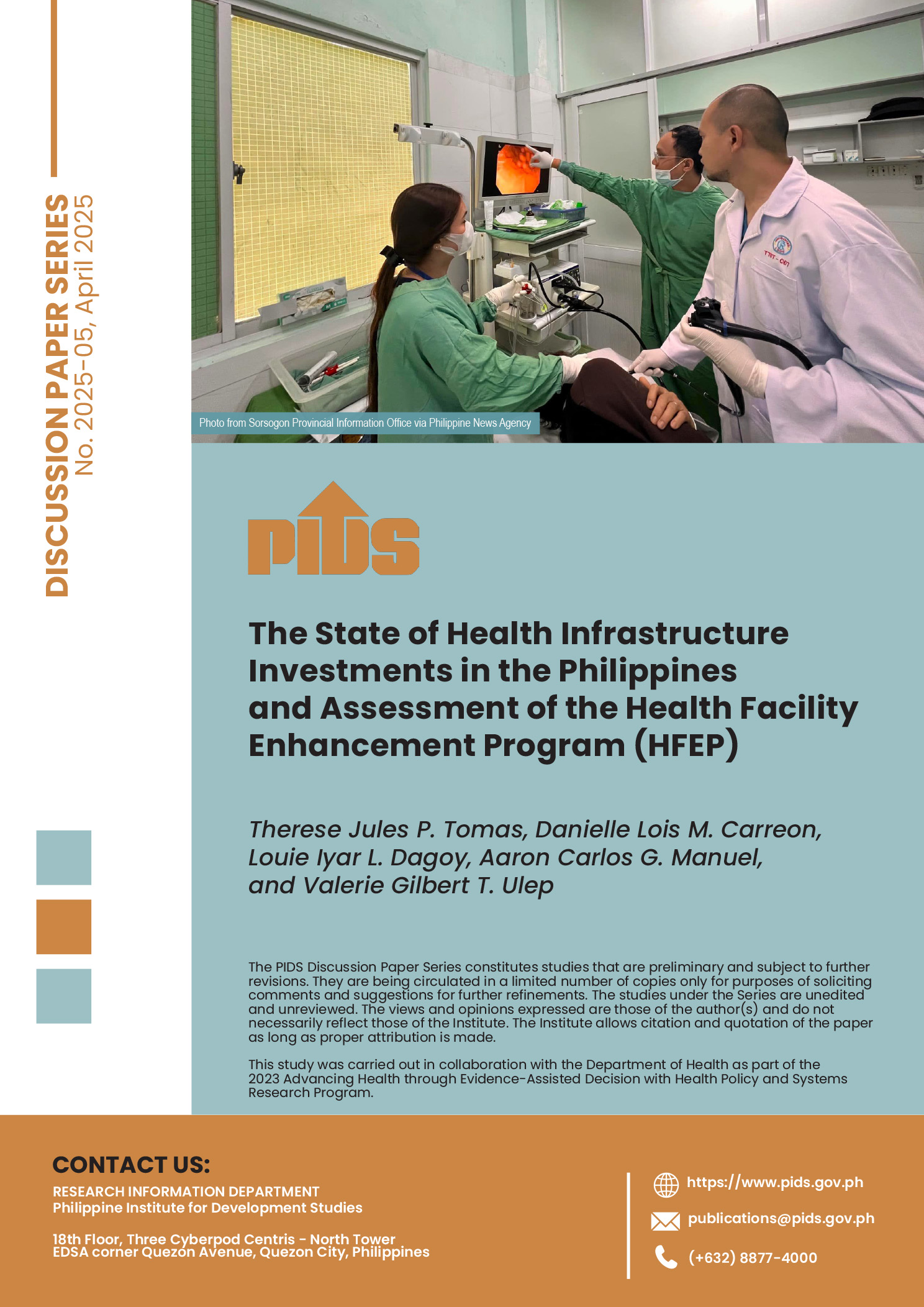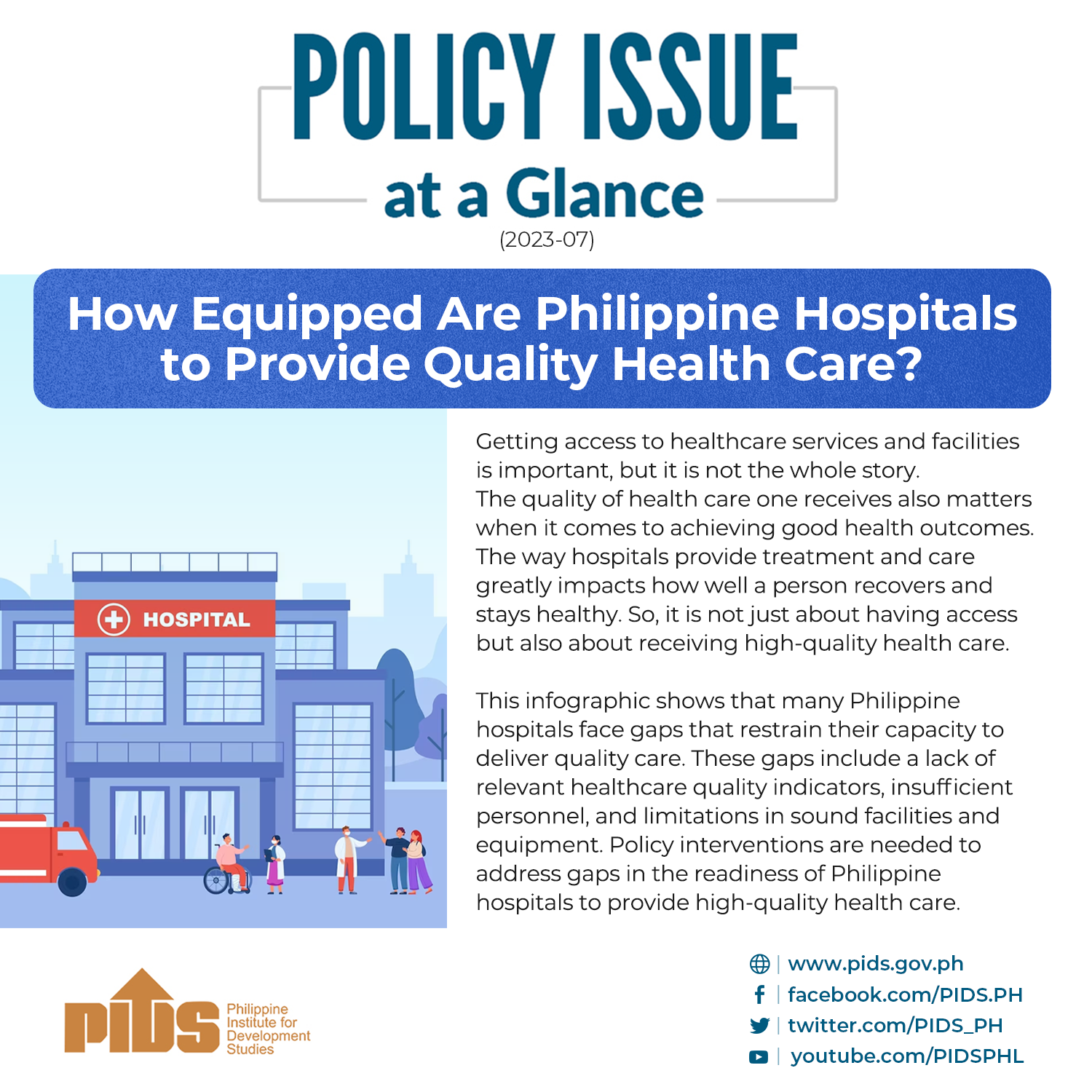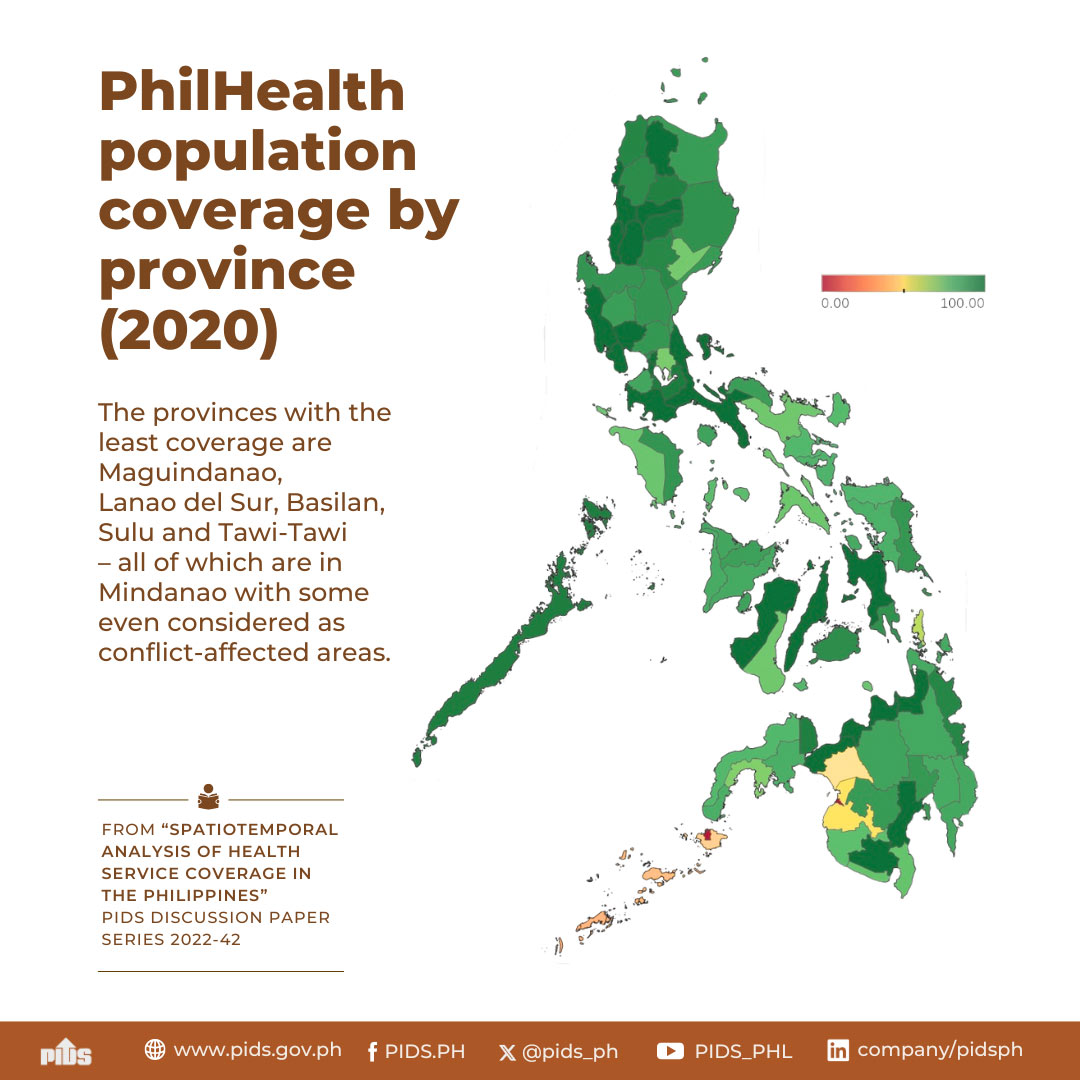The Philippines should push for the liberalization of the Japanese health care industry in negotiating for a bilateral economic agreement with Japan.
This was suggested by Dr. Tereso S. Tullao, professor at the De La Salle University and his associate, Michael Angelo Cortez, in their study with the Philippine APEC Study Center Network (PASCN) and the Philippine Institute for Development Studies (PIDS) titled Movement of Natural Persons Between the Philippines and Japan: Issues and Prospects.
According to Tullao and Cortez, there is a need to restructure the composition of Filipino workers in Japan beyond entertainers who stay in Japan for a six-month contract. They suggested that one alternative is to push Japan to open its health care sector to foreign workers, particularly for Filipinos.
It will be of mutual interest to both countries if entry of Filipino caregivers is liberalized given the ageing population in Japan, on one hand, and the ability of the Philippines human resource development institutions to train workers, on the other hand, they maintained.
Thus, Tullao and Cortez recommended that the Philippine government should examine how Filipino caregivers and other health professionals including doctors, nurses, dentists and physical therapists can enter the Japanese health care sector. Subsequently, it should work out a mutual recognition agreement with Japan on educational qualifications, professional requirements and other technical standards so that the qualifications of Filipino health professionals can be comparable and recognized in Japan.
This was suggested by Dr. Tereso S. Tullao, professor at the De La Salle University and his associate, Michael Angelo Cortez, in their study with the Philippine APEC Study Center Network (PASCN) and the Philippine Institute for Development Studies (PIDS) titled Movement of Natural Persons Between the Philippines and Japan: Issues and Prospects.
According to Tullao and Cortez, there is a need to restructure the composition of Filipino workers in Japan beyond entertainers who stay in Japan for a six-month contract. They suggested that one alternative is to push Japan to open its health care sector to foreign workers, particularly for Filipinos.
It will be of mutual interest to both countries if entry of Filipino caregivers is liberalized given the ageing population in Japan, on one hand, and the ability of the Philippines human resource development institutions to train workers, on the other hand, they maintained.
Thus, Tullao and Cortez recommended that the Philippine government should examine how Filipino caregivers and other health professionals including doctors, nurses, dentists and physical therapists can enter the Japanese health care sector. Subsequently, it should work out a mutual recognition agreement with Japan on educational qualifications, professional requirements and other technical standards so that the qualifications of Filipino health professionals can be comparable and recognized in Japan.












